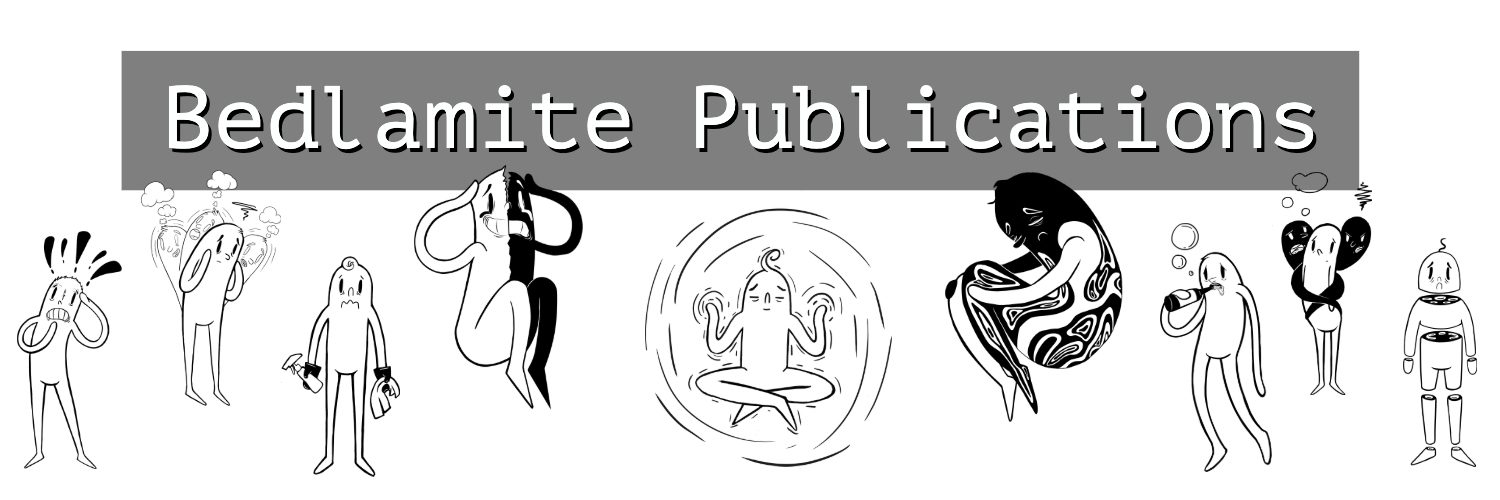How Society Affects Mental Health

Why do we experience mental illness?
Many mental health professionals are still trying to figure out the answer to this question. What we do know is there are two main factors; genetics and environment.
When it comes to genetics, the logic is pure and simple. If a family member has struggled with – let’s say – anxiety, then there’s a higher probability someone else within the family will likely struggle with it as well.
However, when it comes to environment, there’s a lot that’s often overlooked. Many professionals tend to look into the immediate environment of an individual. For example, a person’s home. Let’s say a person has grown up in an environment where abuse was commonplace. This naturally can lead to a number of anxieties that play a role in one’s life even after the abuser is gone.
Still, many of us struggle with a mental health condition even when we’ve grown up in a respectable household. Of course, genetics may be an explanation for this. But the question that’s often overlooked is whether or not our environment still plays a substantial role even if there’s nothing notably wrong with it.
Or maybe there is.
We live in a very certain kind of society. One of which has expectations and attempts to mold people to a certain conformity. Would it make me a bedlamite to suggest that maybe this environment can trigger mental health in individuals?
This goes beyond social stigma towards mental health – though that is an issue. When it comes to the articles you’ll read here, we’re suggesting that maybe there are aspects of society that inflict mental illness. Aspects such as cultures, societal norms, and values.
Society tends to ignore the idea that we all think and feel differently. And with this ignorance, comes backlash when an individual steps outside what society expects.
We hope our in-depth research into various topics concerning society help to give you a better comprehension of your own mental health.
– Bedlamite Publications
